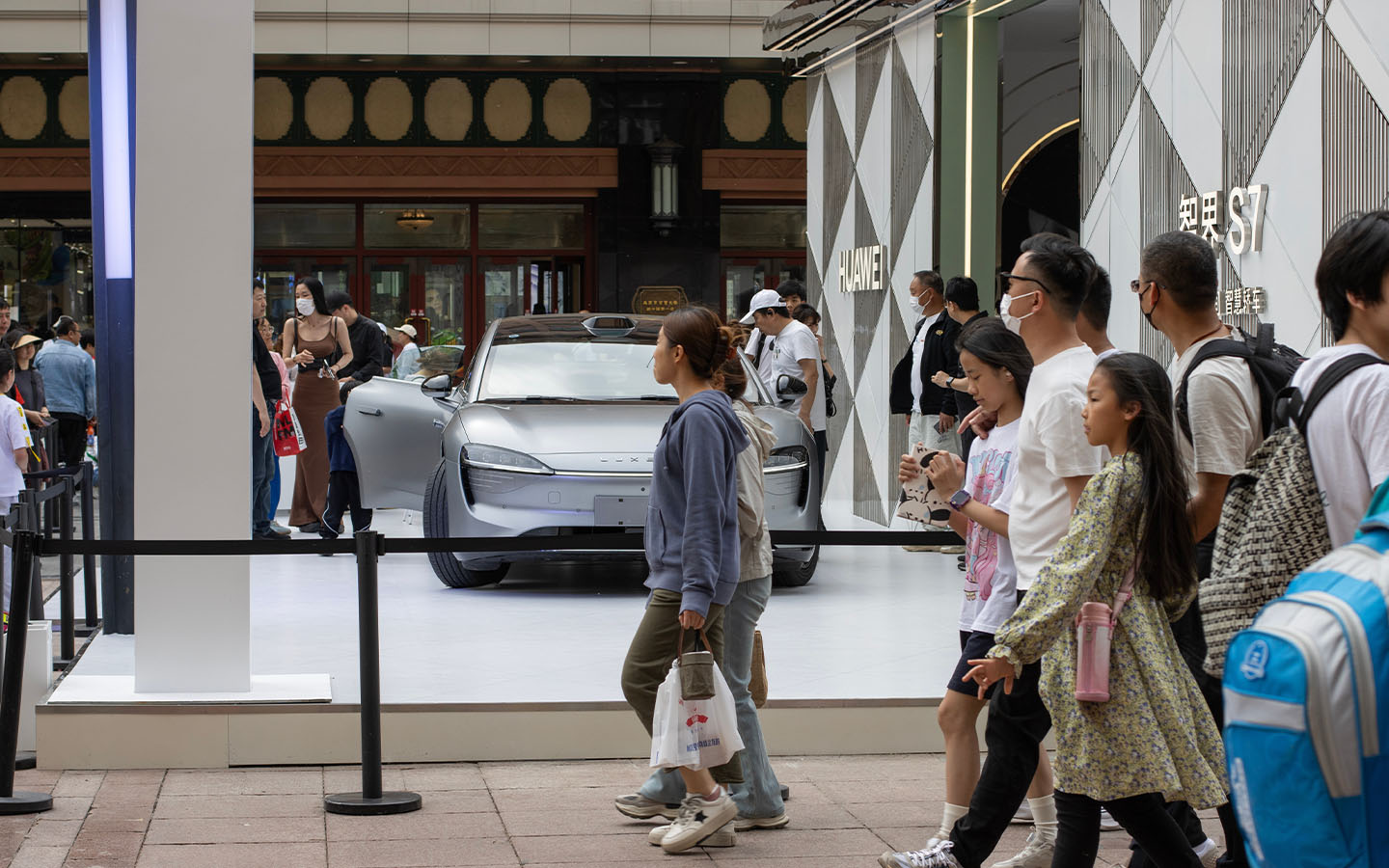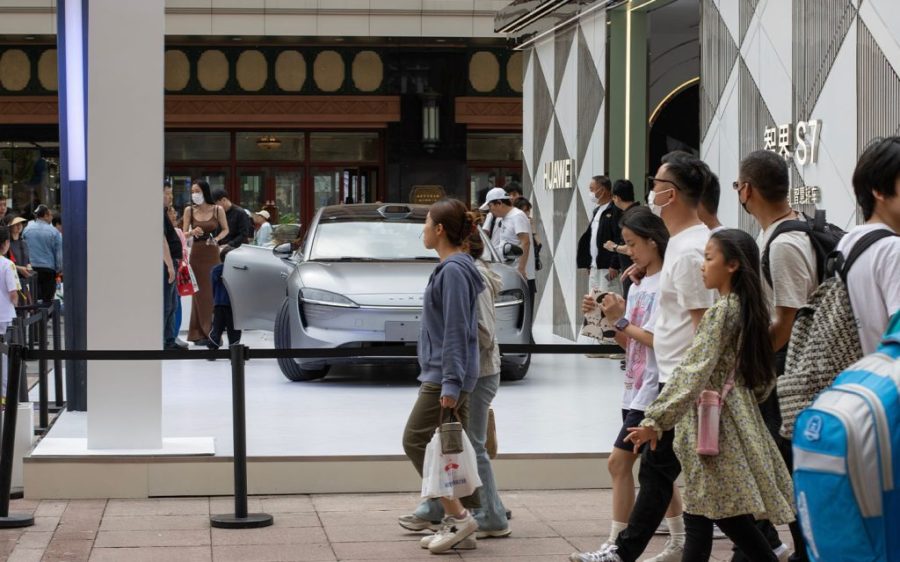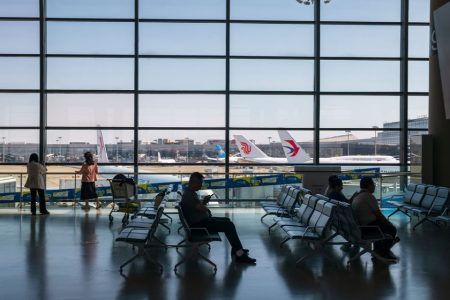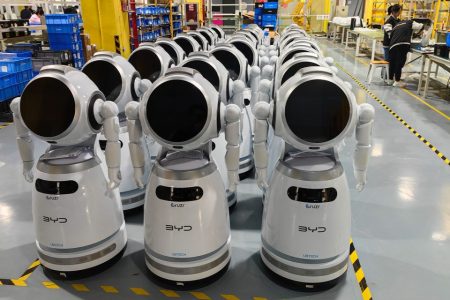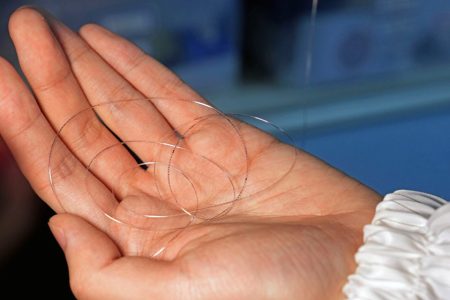The central government has called on domestic electric vehicle (EV) makers to stop aggressively slashing prices while ramping up production, warning that the sector’s cutthroat competition is threatening the country’s economic stability.
This follows a series of official statements targeting “involution” – a term used to describe the self-defeating cycle of excessive investment for diminishing returns, the Guardian reports. President Xi Jinping has personally addressed the issue, cautioning against over-investment in strategic sectors such as artificial intelligence, computing and EVs. Meanwhile, a new draft amendment to China’s pricing law aims to strengthen pricing regulations.
Regulators summoned top EV firms, including industry leader BYD, to meetings last month to issue direct warnings over excessive capacity. Local government agencies have also pledged to implement supply-side cuts, according to Hutong Research, an independent firm based in Beijing and Shanghai.
[See more: Price wars foisted by auto manufacturers are hurting Chinese car dealerships]
“These developments highlight not only the elevated political attention to excess capacity but also the breadth of the problem across China’s economy,” the firm noted.
Still, some analysts are sceptical about the effectiveness of these measures. Antonia Hmaidi, a senior analyst at the Mercator Institute for China Studies (Merics), said that although many EV companies were not profitable local governments were unwilling to let them fail.
“We are seeing some changes in specific types of action that the government is taking that are pointing towards [stronger regulations],” she said. “But we’ve seen these kinds of actions before, and nothing came of it.”
[See more: Beijing signals a new crackdown on ‘disorderly competition’]
Hmaidi noted that exporting more EVs overseas was one way to reduce the glut in China, though that would risk aggravating trade tensions with the European Union (EU) and other partners. The EU has already accused Beijing of flooding its market with under-priced EVs, and introduced tariff rates of up to 45 percent on Chinese-made battery EVs last year.
In June, the China Auto Dealers Chamber of Commerce said that dealerships were struggling with weakening margins, rising inventory levels, tighter liquidity and overall operational stress due to the industry’s race-to-the-bottom mentality. The pressure had caused a number of dealerships to shut, the chambers noted. The China Association of Auto Manufacturers has also urged its members to not “dump goods at prices below cost.”
At a politburo meeting last month, party leaders said they would “address disorderly competition among enterprises according to the law” and called for stricter management of industrial overcapacity.
